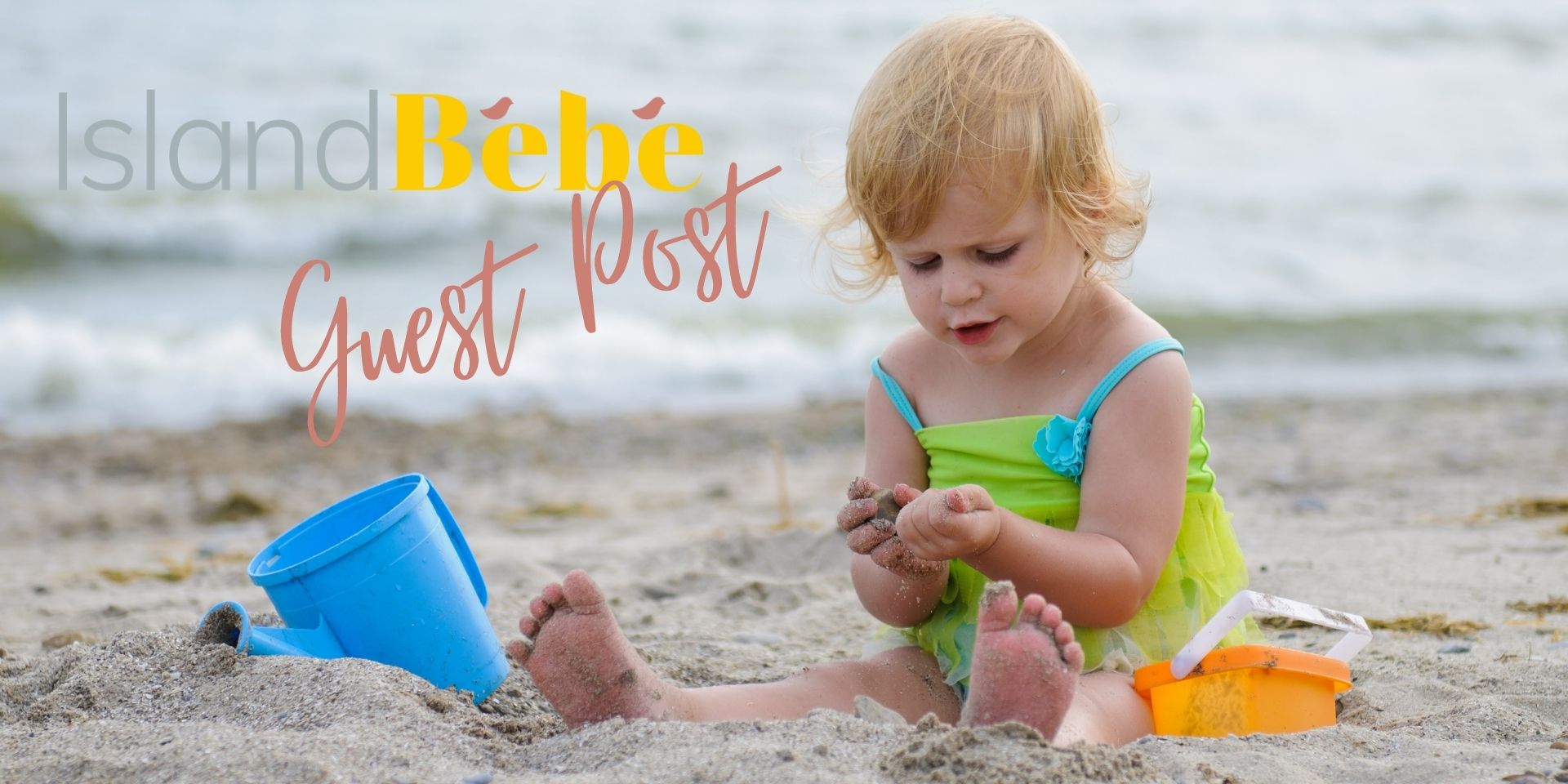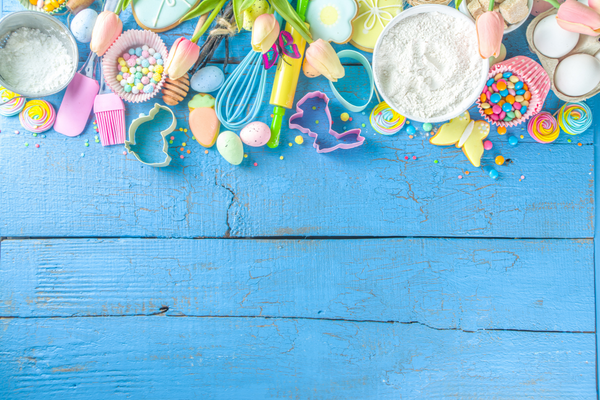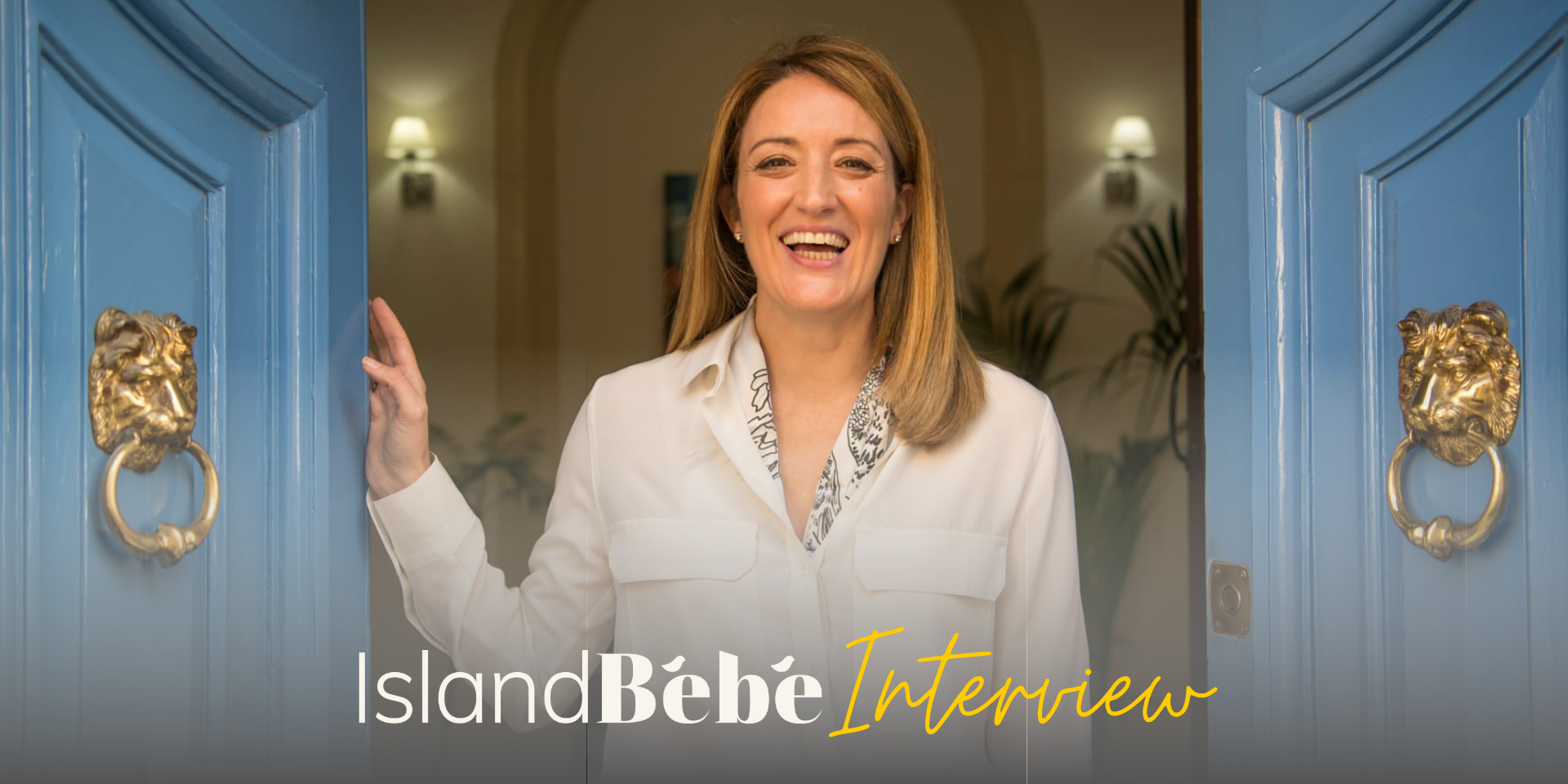By Kelly Cairns
As an early years teacher, I have often been asked by parents what more they could do to help their toddler with their education prior to starting school.
Research consistently shows that oral language forms the basis of all literacy learning. The more a child is encouraged to make sense of their world through discussion, the better equipped they will be when learning to read and write. Learning to communicate orally gives the child experience with the language, allowing them to hear and manipulate the sounds of the words as they speak.
So, how can parents teach their child oral language skills?
It involves two key strategies:
- Providing them with rich experiences; and
- Communicating with them to guide the learning process.
What are ‘rich learning experiences’?
Children thrive in experiences that are hands-on and allow them to learn through discovery. Any simple outing can be educational, the key is to make the learning explicit.
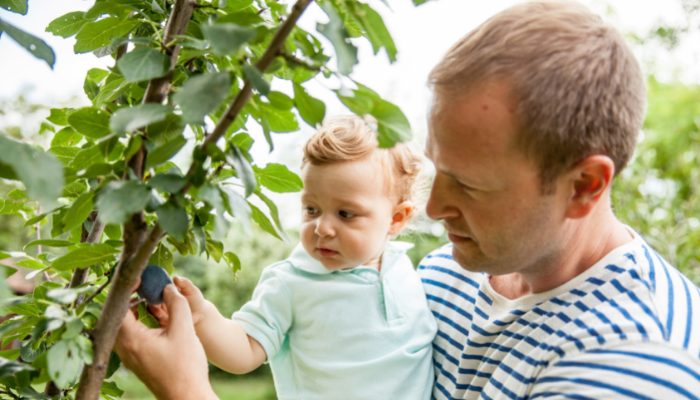
‘Talk the talk’ – Making the learning explicit.
Many parents teach their toddler the alphabet, but as a starting point, even before the alphabet, children need to be able to use speech appropriately so that they are able to not only communicate effectively but hear the sounds in words. Oral language skills give children a head start when learning to read a text and using the text to answer a variety of literal and inferential comprehension questions.
So let’s take a trip to the beach as an example. How would you enhance this learning experience for your toddler?
Prior to visiting:
Introduce the vocabulary you will use on your ‘excursion’.
Depending on the age of your child you could use flashcards with the names of things you will see (e.g: water, sand, boats etc), or you could read stories with a beach theme that will begin to immerse them in the language they will be exposed to at the beach.
Introduce the ‘b’ sound for younger children and for older children discuss their predictions, such as what they think they build on the sand at the beach, in the days leading up to the visit.
During the visit:
Younger children will be in awe and will experience sensory overload, so it’s important to allow them to explore at their own pace. Choose a few key words and repeat these, emphasizing the initial sound; e.g ‘bbbbbb’-beach. Using the initial sound will assist your child to make connections when they begin reading – teachers encourage children to use the initial sound and picture to help them predict what a word in a text is.
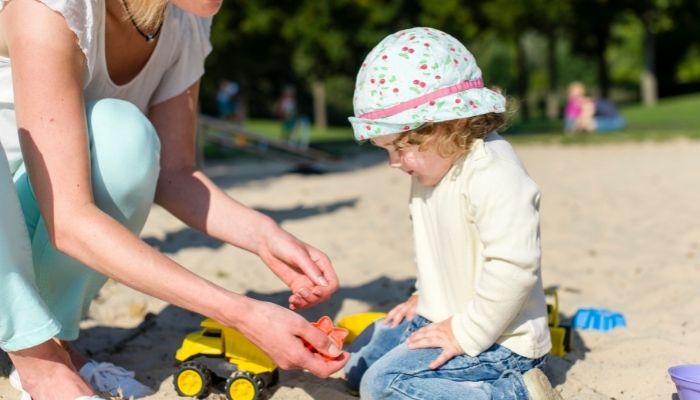
For older children, immersion in and exposure to the sights, sounds and smells will allow them to explore at a deeper level. Questioning your child prompts them to verbalise their thinking and encourages them to ask their own questions. Asking them what they can see, hear and what the sand feels like are good beginning questions, then moving to deeper questions will encourage them to use their communication skills to draw their own conclusions; a valuable part of the learning process.
Take photos while you are there, as these become a valuable discussion tool after the visit, prompting your child to reflect, discuss and consolidate their learning.
Post visit:
Using photos you have taken, children can continue learning long after they have left the beach. Photos are a great discussion prompt, helping children remember what they saw, recall names, colours and simple facts. Laminate the photos and write a word or sentence underneath and keep them accessible so your child can refer to them. When they are looking at them, point to and repeat the word, emphasizing in particular, the initial sound.
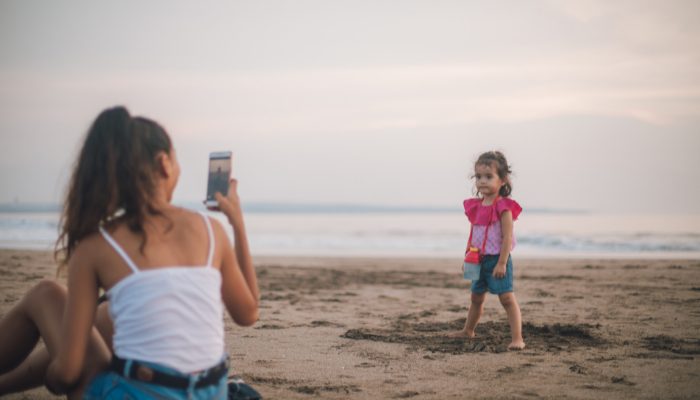
By immersing your child in the language of the world around them you will assist with their oral language development. With sound oral language skills, your toddler will be on the road to success in their early years of schooling.
Kelly Cairns is an Australian Educator with Maltese heritage. Having taught in a number of year levels and with experience in leading curriculum development and literacy intervention, Kelly’s passion lies in the early years of schooling and empowering parents to become an integral part of their child’s education. At home, Kelly is the mother of two young boys. She can be found on Instagram: @little_learners_for_life sharing ideas for parents on how they can implement simple experiences at home to encourage learning for their little ones.
